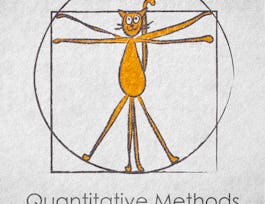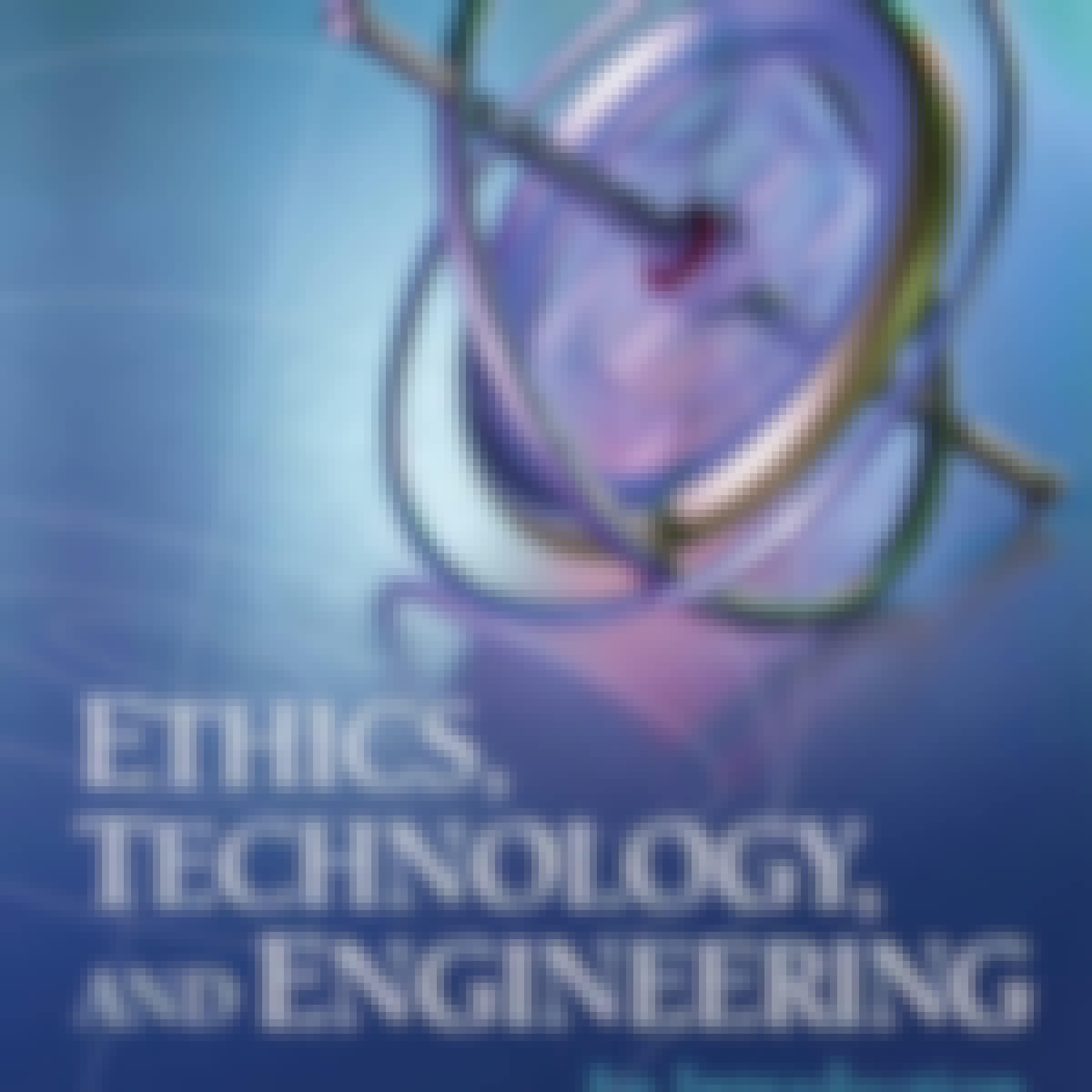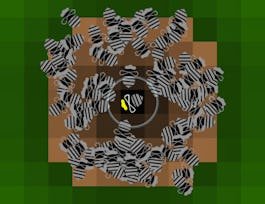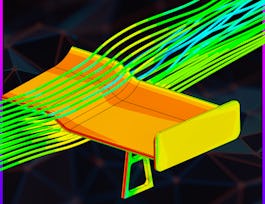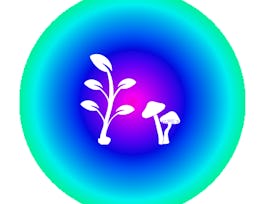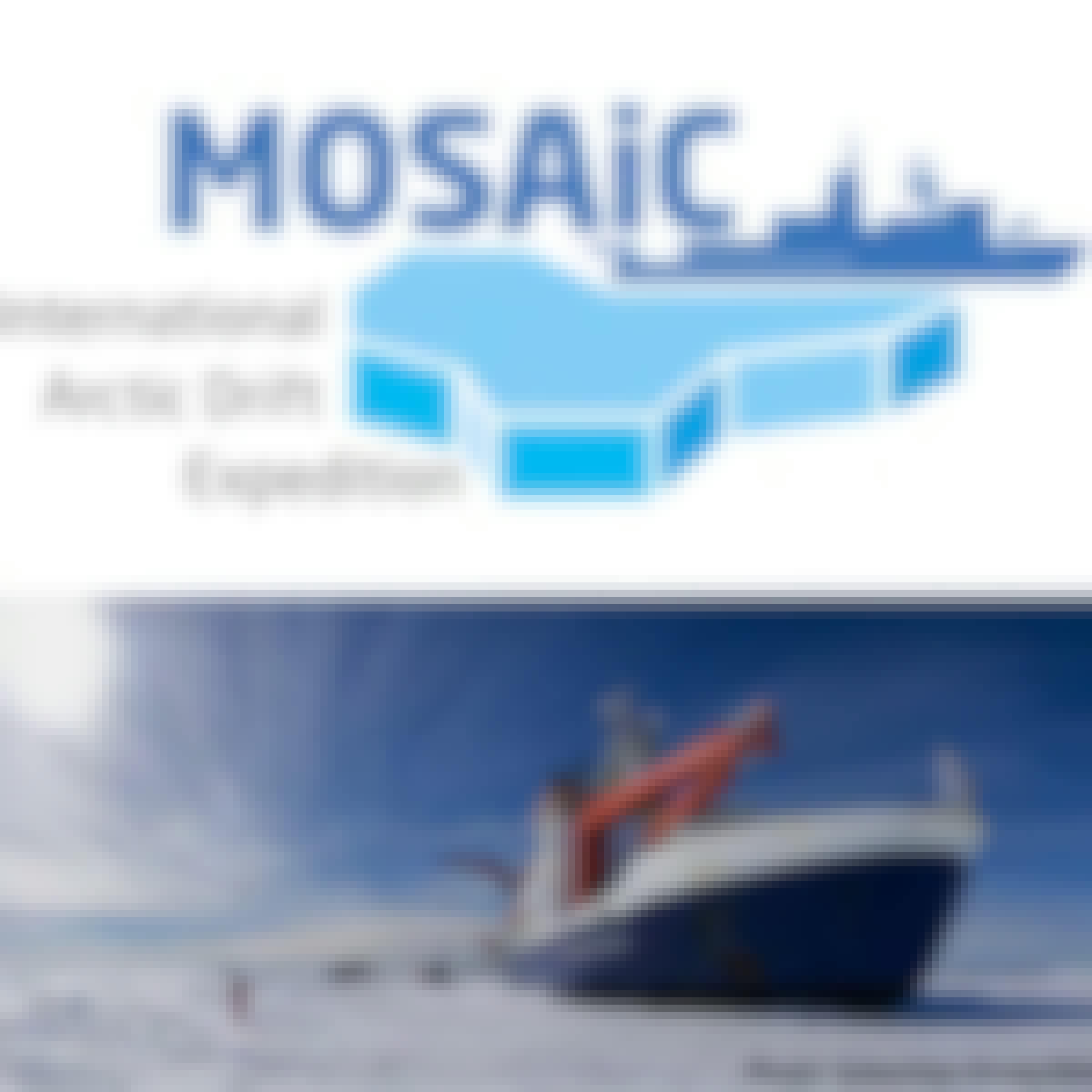Research Methods
Earn Your Degree
Most Popular Courses
Top Rated Courses
Most Popular Certificates
Recently Launched Guided Projects
More Research Methods Courses
Frequently Asked Questions about Research Methods
Our modern world is built upon the cumulative work of countless researchers in both the physical and social sciences. It can be easy to take this for granted, but if you want to contribute to this continual process of progress, it’s important to ask: how is this knowledge produced? Depending on what area of study you are interested in advancing, you will need to learn about the appropriate research methods to use.
In general, research methods are systematic plans for conducting research. They enable you to properly structure a question, identify what type of information you need to answer it, determine how to obtain that information, and then conduct appropriate analysis to derive useful insights. While your specific choice of a research method necessarily varies with your question, the most important difference is between qualitative and quantitative methods.
Quantitative researchers generate a hypothesis to explain an observation, and then conduct tests using numerical data to determine whether this hypothesis is likely to be true. Hypothesis testing can be done in a number of ways, including experiments in a laboratory (or less controlled settings), statistically-relevant surveys of a target population, and/or the use of computer modeling or other algorithmic approaches. Researchers must carefully evaluate test results compared to their hypothesis, and then iterate as necessary to improve their hypothesis for further testing.
Qualitative research, on the other hand, seeks to create detailed descriptions of non-numerical observations, offering a complete record of the circumstances and causes leading up to a given event. This type of research is often used to explain particularly complex or even unique phenomena, such as the way in which a family responds to an economic recession or a community reacts to a natural disaster. By using participant observation, fieldwork, and other qualitative methods, researchers can create compelling case studies of real-life events that can yield insights as well as emotional impact.
The appropriate choice of quantitative or qualitative method is determined by what your goals are as a researcher. If your aim is a finding that can be replicated reliably in different contexts and thus provide an effective guide to future action, a quantitative approach offers the most certainty. On the other hand, if you want to delve deeper into the context of a single event, qualitative research methods free you to tell a richer, more detailed story. Either way, the ability to follow these research methods carefully is essential to doing work that makes a difference in your chosen field.
If you want to ask and answer important questions in virtually any area of science or society, you’ll need a familiarity with research methods specific to your career path. Most obviously, the scientific method is a foundational tool for use in any of the physical sciences, whether you’re an experimental physicist, a bioanalyst, or a lab technician.
Methodological problem-solving skills are also important for jobs at the leading edge of technology. Working as a roboticist, scientific software developer, or biomedical engineer requires the ability to analyze complex problems, hypothesize a technology solution, and then test and iterate these hypotheses as necessary to create working prototypes and products.
Research methods are important for more qualitative, real-world settings as well. Crime scene investigators must pull together a wide variety of evidence from witnesses as well as forensic analysis to weave a plausible explanation of how and why a crime occurred. Journalists of all stripes similarly use combinations of interviews, data, and historical research to tell compelling stories that explain events in realms such as politics, business, and even sports.
Whether your goals are learning about how to conduct quantitative research or qualitative research methods, Coursera has courses and short Guided Projects available to teach you to design effective investigations. If you’re interested in quantitative methods, for instance, you can take introductory courses to teach general principles as well as more specialized courses in areas like climate change modeling and plant informatics. On the other hand, courses in qualitative methods include clinical research, risk analysis, and many other fields.
These courses are all taught by top-ranked schools from all over the world, including the University of London, the University of Chicago, the University of Toronto, and the University of Amsterdam. This allows you to learn on a flexible schedule and at a lower cost than on-campus students without sacrificing the quality of your education in research methods.
Anyone who has an interest in understanding how research is gathered and published for scholarly review is best suited for roles in research methods. Someone who wants to learn ways to create fair investigations with a focus on writing clear questions and conducting an unbiased review of data with appropriate feedback is also well suited. Anyone who works with peer-reviewed research and wants a better grasp on how the data is collected is suited for a role in research methods. Scholars, researchers, and scientists with a background in academia and laboratory work and professionals in psychology and sociology who are familiar with published research studies are best suited for roles in research methods.
Common career paths for someone studying research methods include careers working in a laboratory or other controlled environment, designing and implementing surveys, and computer modeling. Many careers that involve data collection rely on ethical, reliable research methods. Career paths may involve simulation and modeling, data analysis, and security. People studying research methods may have careers in hard sciences like chemistry, math, or engineering, or in fields like business or market research.
Quantitative methods explore scientific methods, research design, and measurement. For those interested in the technical side of research methods, other topics to be explored include software security, cybersecurity, and cryptography. The intersection of ethics and engineering methods come together in topics that examine the ethical responsibility between engineers and the work they do. Topics that explain how to effectively plan and execute an experiment can help you better understand the detail involved in implementing precise research methods.
A background in research, polling, data collection, market research, and quantitative or qualitative studies is not required but is recommended before learning research methods. For those just starting out, an understanding of exactly what the role of a scientist is, including ethical implications and social responsibilities, will help learners grasp why high quality research methods are so important.
Online Research Methods courses offer a convenient and flexible way to enhance your existing knowledge or learn new Research Methods skills. With a wide range of Research Methods classes, you can conveniently learn at your own pace to advance your Research Methods career.
When looking to enhance your workforce's skills in Research Methods, it's crucial to select a course that aligns with their current abilities and learning objectives. Our Skills Dashboard is an invaluable tool for identifying skill gaps and choosing the most appropriate course for effective upskilling. For a comprehensive understanding of how our courses can benefit your employees, explore the enterprise solutions we offer. Discover more about our tailored programs at Coursera for Business here.











